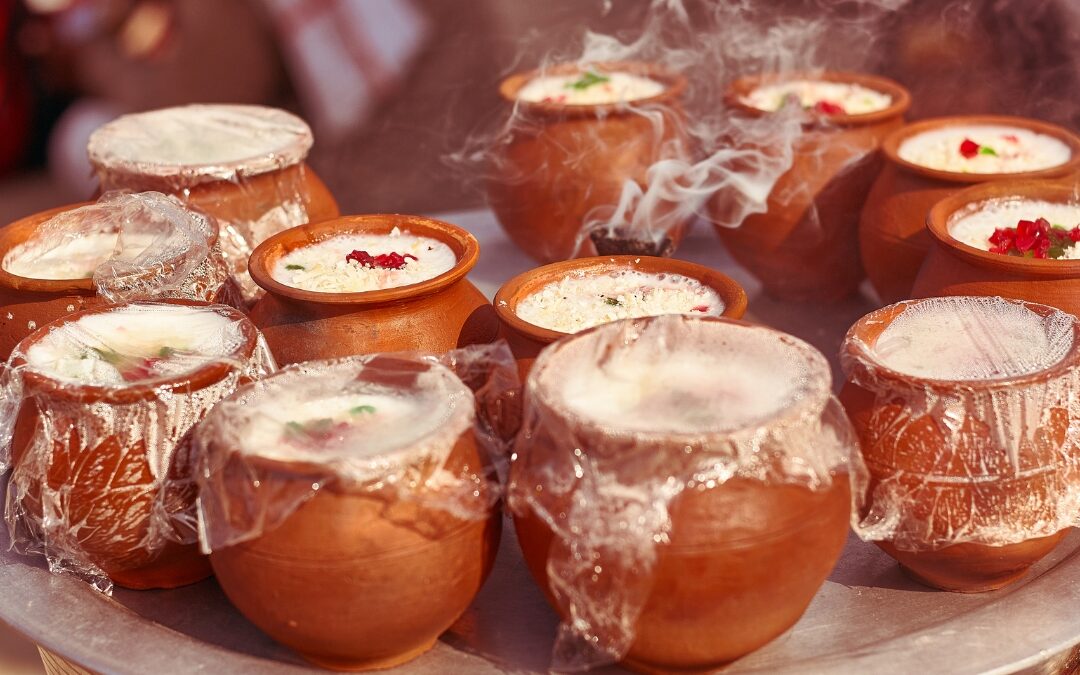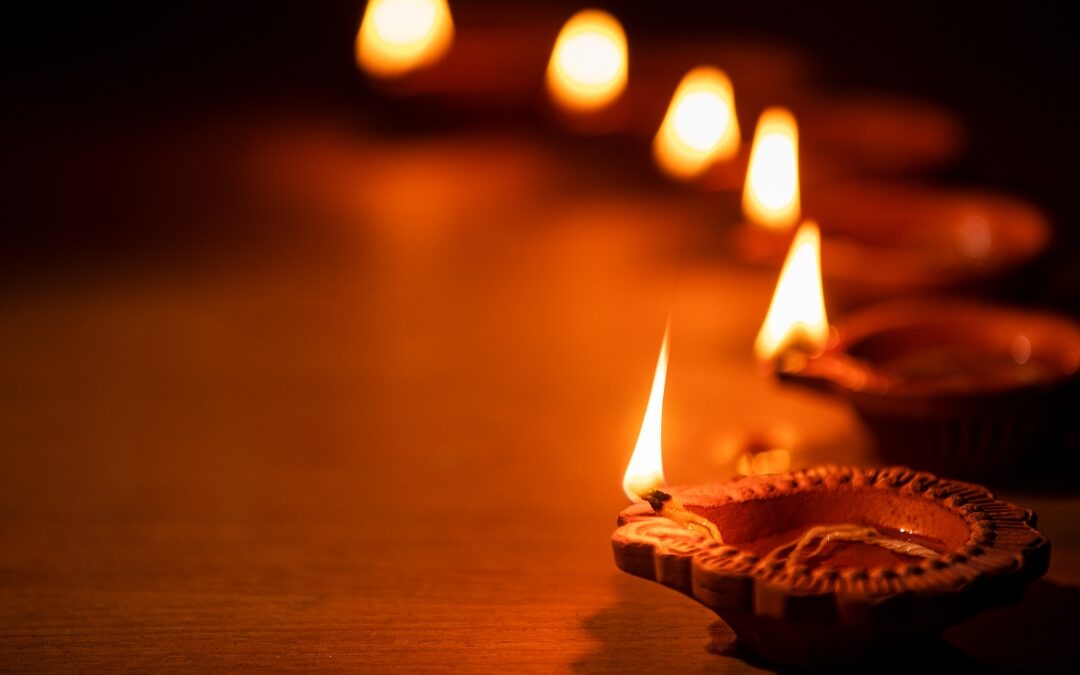
by Soniya Basu | Apr 11, 2025 | Mental Health & Wellbeing, Student Life
🧠 Accessing Mental Health Resources as an International Migrant
(Because moving countries is brave — but also a lot)
Let’s be honest — starting a new life in a new country is a big deal. You’re figuring out work, housing, culture, accents, maybe even snow for the first time ❄️ — and it’s totally normal to feel a mix of emotions.
As international migrants, we often carry a “be strong” mindset. But here’s the truth: mental health is just as important as finding a job or paying rent. If you’re feeling anxious, isolated, or overwhelmed — you’re not alone, and there is help out there.
💬 Step 1: It’s Okay to Ask for Help
No matter where you’re from, we get it — in many cultures, mental health isn’t openly talked about. But here in the UK, the conversation is growing, and there are real resources that are free, private, and available to everyone — yes, even if you’re not a citizen yet.
Whether it’s culture shock, loneliness, job stress, or past trauma — your feelings are valid, and you deserve support.
🏥 Step 2: Start with Your GP (Local Doctor)
If you’re registered with a GP (General Practitioner), this is the best starting point. You can:
- Book an appointment and talk openly
- Ask to be referred to a mental health service
- Get support for anxiety, depression, panic attacks, sleep issues, and more
💡 Not comfortable in English? Ask for a translator — it’s your right, and it’s free.
📞 Step 3: Use Free Mental Health Helplines (No NHS Registration Needed)
Whether you’re waiting for an appointment or just need someone now:
- Samaritans (24/7): Call 116 123
- Shout (Text Support): Text SHOUT to 85258
- Mind UK: mind.org.uk — mental health guides in multiple languages
- NHS 111 (urgent help): Free to call and available 24/7
None of these will ask about your immigration status. You are safe here.
🌍 Step 4: Explore Community-Led and Cultural Support
Many communities offer support groups, helplines, or workshops in your own language. These can feel safer and more familiar if you’re unsure where to begin.
Follow local Facebook or WhatsApp groups to stay updated or visit your local cultural center.
📱 Bonus: Mental Health Apps for Low-Key Support
If you’re not ready to talk to someone just yet, try:
- Headspace – guided meditations
- Calm – for stress and sleep
- Wysa – AI chatbot + human support (private + free version available)
- Togetherall – anonymous community space (often free through local councils)
Mental health matters — no matter your postcode, passport, or accent. You’re allowed to ask for help. You deserve to feel supported. And you’re not alone on this journey.
Check out Scottish Indians for more — where community, care, and conversation come together. 💚

by Soniya Basu | Apr 10, 2025 | Cultural Integration, Culture & Community
(Because “you alright?” isn’t always a question)
Moving to the UK is exciting, but let’s be honest — British English can feel like a whole new language. You walk into class and someone says “You alright?” and you freeze like… do I look unwell? 😅
Whether you’re here to study, work, or explore, mastering everyday British lingo is a game-changer. Not only will you blend in faster, but you’ll also finally understand what your British mates are actually saying.
Let’s break down the most common UK slang and expressions that’ll help you survive and thrive in British society.
🗣️ Everyday Expressions That’ll Confuse You (Until They Don’t)
1. “You alright?”
Don’t panic. It just means “Hey, how are you?” You can reply with “Yeah, you?” — no deep medical explanation needed.
2. “Cheers!”
This one’s a multitasker. It means thanks, bye, or even nice one. Use it at the shop, in emails, or when someone hands you anything.
3. “Fancy a cuppa?”
Translation: Do you want some tea? (Sometimes could be coffee)
4. “I’m knackered.”
Means: I’m exhausted. Like post-exam, 3 a.m. kind of tired.
5. “Let’s have a proper chat.”
Get ready — this one’s serious. “Proper” in the UK = real, deep, legit.
😂 Funny British Lingo You’ll Learn to Love
1. “That’s peng!”
Used for something (or someone) that looks really good. Like: “That butter chicken is peng!”
2. “Bare”
Means a lot of. “It was bare cold yesterday” = very cold.
3. “Peak”
Bad situation. “Missed the last train? That’s peak, mate.”
4. “Chuffed”
Feeling super happy or proud. “Got a 2:1 in your assignment? Chuffed for you!”
5. “Waffle”
Not the food — this means talking too much without saying anything useful. Professors sometimes do this, not gonna lie.
🧠 Bonus: British Humour = Sarcasm Central
Brits love irony, understatement, and dry sarcasm. So if someone says, “Great weather, innit?” while it’s pouring outside — they’re joking.
The key is not taking things too literally. Smile, nod, maybe throw in a cheeky “innit?” if you’re feeling confident.
📺 How to Learn Slang Fast (British Lingo Without Cramming)
- Watch British shows like Derry Girls, The Inbetweeners, or even Great British Bake Off
- Follow UK creators on TikTok or Insta for authentic vibes
- Ask your British friends what something means — they’ll love teaching you (and probably laugh a little too)
- Practice! Use the words in context, and don’t stress about messing up — it’s all part of the fun.
British slang = a crash course in culture. Learn the basics, have a laugh, and you’ll sound like a local in no time. From “peng” food to “chuffed” vibes, it’s all about speaking the language of the land — but make it your own.
Cheers mate!! 🍻

by Soniya Basu | Apr 10, 2025 | Cultural Integration, Culture & Community
(Because chapatis and chai are more than just carbs and caffeine)
Moving abroad is exciting — new cities, new people, new vibes. But let’s be honest, it also hits different when the craving for your mum’s biryani kicks in or you realize nobody gets your Bollywood references 😭.
If you’re living in the UK (or anywhere outside India), staying connected to your roots can feel tough at times. But here’s the good news: you don’t have to choose between thriving abroad and holding on to your culture. You can do both. ✨
Here’s your ultimate guide to staying connected to Indian culture while living abroad — Let’s gooo! 🚀
🍛 1. Cook the Comfort Food
Let’s start with the heart (and stomach) of every desi household: the kitchen.
Don’t worry if you’re not a master chef. Start small:
- Learn how to make dal, khiccdhi, maggi, or poha — they’re easy and comforting.
- Stock up on spices from local Indian/Asian stores (or order online).
- Share a home-cooked meal with friends!
💡 Pro tip: YouTube is your bestie — there’s a tutorial for everything.
📺 2. Stream Desi Content
Binge-watching = bonding with your Indian culture.
- Watch Indian movies, series, and stand-up comedy on Netflix, Prime, Hotstar, or YouTube.
- Listen to desi podcasts, regional folk music, or Bollywood bangers on Spotify.
- Follow Indian creators on Instagram and TikTok for relatable reels and laughs.
🎉 3. Celebrate Festivals Loud and Proud Indian Culture
Diwali, Holi, Eid, Pongal, Navratri — you name it, Indian festivals abroad are big and beautiful.
- Join Indian student societies or cultural groups at your university.
- Attend public events — cities like London, Leicester, and Glasgow go all out!
- Host a small get-together with desi food, music, and some diyas or colors.
💡 Homesick hack: Wear ethnic clothes and FaceTime your fam during festivals — the connection hits differently.
🛕 4. Visit Local Temples or Cultural Centers
Even if you’re not super religious, visiting a temple or cultural center can feel grounding. It’s a safe space to meet people, hear familiar languages, and take part in traditional events.
Bonus: You’ll usually find delicious prasad or community meals too 🍛🙏
💬 5. Speak Your Language, Share Your Stories Indian Culture
Don’t lose your mother tongue — speak it with fellow desis, or even teach your international friends a few lines.
You can also start a blog, vlog, or Instagram page sharing your cultural experiences. You’d be surprised how many people relate to “I miss amma’s rasam and dad’s dad-jokes.”
Staying connected to Indian culture while living abroad isn’t hard — it just takes intention. Cook the food, celebrate the festivals, wear the clothes, blast the music, and embrace your identity proudly.
You’re not just living abroad, you’re taking your roots with you — and that’s powerful. 🌱❤️
Want updates on desi events in the UK? Follow scottishindian.com for festival alerts, food spots, and community vibes that feel like home away from home.

by Soniya Basu | Apr 10, 2025 | Culture & Community, Festival & Events
(Because Diwali vibes hit different when you’re far from home — but still together)
Let’s face it — being away from India during festival season can feel a little weird. No loud crackers, no aunty dropping off sweets, no full-blown family drama in the living room. BUT here’s the good news: the UK has a thriving desi community that goes all out to bring that festive spirit to life — even in the middle of foggy October nights or rainy Holi mornings.
Whether you’re a student, young professional, or just here for the vibes, here’s how you can still celebrate Indian festivals in the UK — with music, food, lights, color, and lots of new friends.
🪔 Diwali – Festival of Lights (and food, let’s be honest)
When: October–November
Where to celebrate:
- Trafalgar Square, London: Huge open-air event with stage shows, food stalls, and DIY rangoli workshops
- Leicester Diwali Lights Switch-On: One of the biggest Diwali celebrations outside India!
- University Indian Societies: Most unis host Diwali nights with traditional outfits, dance, dinner, and DJ
💡 Pro Tip: Bring your own battery candles or diya — because live Fire is a hazard here and needs cautionary measures .
🌈 Holi – The Festivals of Colours (and chaotic energy)
When: March
Where to celebrate:
- Desi community groups in Birmingham, Manchester, and Glasgow often host Holi festivals in parks
- Bollywood Holi parties in clubs — yes, this is a thing (and it’s wild)
- Uni events: Expect events, Bollywood playlists, and snacks
💡 Pro Tip: Wear old clothes, bring baby wipes.
🎊 Navratri & Garba Nights – Dandiya Mode: Activated
When: September–October
Where to go:
- Temples in London, Leicester, and Edinburgh host traditional garba nights. Dashami Sindoor-Khela is a must experience at the Durga Puja held by the Bengali Community.
- Community halls & Indian student orgs organize full-on dandiya nights (complete with dress codes and snacks!)
💃 Don’t worry if you don’t know the steps — most people are learning too. Just follow the rhythm and enjoy the vibe.
🎉 Onam, Eid, Pongal, Vaisakhi & More
Whatever your region, you’ll find a group celebrating it:
- Malayali associations host traditional Onam sadyas (banana leaf feasts 🍛)
- Eid dinners & open mosque days happen across major cities
- Punjabi societies celebrate Vaisakhi with dance, langar, and bhangra beats
- Telugu, Tamil, and Kannada communities bring the South Indian flavour with pongal & puthandu festivals, movie nights, and food fests.
💡 Pro Tip: Follow local cultural associations on Facebook or Instagram — they post event invites regularly.
✨ Why Celebrate Festivals in the UK?
- Connect with your roots ❤️
- Meet people from your region or state
- Enjoy authentic food (or at least a solid attempt)
- Beat homesickness in the best way possible
Just because you’re in the UK doesn’t mean you have to skip the celebrations. From Diwali to Eid, Holi to Onam, there’s always something happening — and chances are, your new desi fam is just a bus ride away.
Check out the scottishindian’s events calendar for upcoming festival celebrations near you. From garba nights to massive country-wide Diwali parties — we’ve got you covered. 🌟

by Soniya Basu | Apr 10, 2025 | Career & Professional Development, Job Hunting
(Because sliding into DMs is cool, but sliding into recruiters’ inboxes is cooler)
If you’ve landed in the UK and you’re on a mission to bag internships, part-time gigs, or a shiny grad job, one platform you can’t afford to ignore is LinkedIn. Think of it as Instagram’s professional cousin — only instead of selfies and memes, you’re sharing wins, work experience, and career goals.
So how do you actually build a LinkedIn profile that gets noticed? And how do you network in a way that doesn’t feel cringey or forced? Here’s the ultimate guide to building a standout LinkedIn profile and networking in the UK like a pro.
📸 1. First Impressions Matter: Fix That Profile
Let’s start with the basics. Your profile is your digital first impression.
What you need:
- Professional profile photo – Doesn’t need to be formal, just clear and confident (ditch the party pic).
- Headline that hits – Instead of just “Student at XYZ Uni,” try something like: “Marketing Student | Interested in Brand Strategy & Content Creation | Open to Internships”
- About section – This is your bio. Keep it real and relevant.
- What are you studying?
- What are you passionate about?
- What kind of roles are you looking for?
Use emojis ✨ if you want to stand out (but don’t overdo it).
📚 2. Share Your Story – Experience, Projects, and Skills
Experience: Add part-time jobs, internships, freelance work — even volunteering. Don’t downplay anything!
Projects: Group projects, capstones, portfolio work — all count. Add them under the “Projects” section.
Skills: List both hard and soft skills. LinkedIn lets others endorse you, so the more accurate your list, the better.
Certifications: Coursera, Google, HubSpot, etc. — show recruiters you’re leveling up.
🤝 3. Networking (Without Feeling Awkward)
Yes, you can send connection requests to strangers. No, it’s not weird (if done right).
Tips:
- Always add a note when connecting — especially with recruiters, alumni, or people in your dream company. “Hi! I’m currently studying Business Analytics at UCL and admire your journey into data consulting. Would love to connect and learn more!”
- Join student and industry-specific groups
- Follow companies you’re interested in
- Engage with content: like, comment, or share posts with your own insights
🌟 Bonus: Look for alumni from your uni working in UK firms — they’re more likely to reply and help!
💡 4. Keep It Active — Post, Share, Flex (Professionally)
Post updates about:
- Events you attend
- Projects you complete
- Internships you land
- Thoughts on topics related to your field
Use hashtags like #InternationalStudentsUK #StudentLife #Careers to reach the right people.
A polished profile + real networking = better job leads, faster. So don’t ghost LinkedIn — show up, shine, and start building your career before graduation sneaks up on you.




